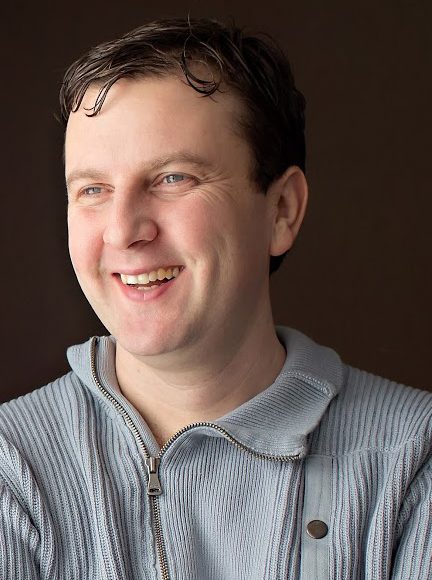Transforming Insights Into Initiatives: How Dr. Sylvain Roy Supports Ontario’s Most Vulnerable People.
For Dr. Sylvain Roy, a Psychology degree from Glendon offered knowledge in neuroscience, research, health policy, and of course, psychology. Today, he shares that knowledge as a Glendon professor and puts it into action as president of the Ontario Psychological Association.
"There is, or ought to be, a symbiotic relationship between academia and real life", Dr. Roy says. "Science, to me, is about discovery as well as solving life’s challenges, big and small."

Dr. Roy is certainly helping the province tackle challenges related to mental health. His particular focus is helping vulnerable populations with disabilities and severe mental health concerns like dementia and brain injuries.
His proudest professional accomplishment to date is helping to securing a $1 million grant in 2015 to understand developmental disabilities among the homeless. The result was an innovative program that provided a triage, screening, and neuropsychology diagnostic pathway that significantly sped up access to Developmental Service Ontario.
The result? Wait times were reduced from 2 to 5 years to just a matter of days. Clients who enrolled in the program accessed better housing, primary care, and mental health supports resulting in a number of lives saved.
"Two years ago, we didn’t know that 27 percent of Toronto’s homeless population is suspected of having a developmental disability", explains Dr. Roy, who also holds an MA in Educational Psychology and a PhD in Clinical Neuropsychology. "Now that we do, we can start designing better housing, treatments, and supports for persons with significant cognitive challenges and effectively begin to address chronic homelessness."
Turning such insights into initiatives requires an understanding of how to navigate political structures and access funding. Dr. Roy credits the multidisciplinary education he received at Glendon with helping him do just that.
"I also studied legal philosophy, health policy, and political science. These domains help me navigate the complex world of provincial politics and its intersection with social and health policy. Much of my time is spent at Queen’s Park, panels, and councils."
All of this legwork is done with a clear destination in mind. Two things Dr. Roy looks forward to are publicly covered access to psychologists and ending homelessness. Considering his leadership in both academia and public life, it’s safe to bet that he will play a significant role in making these projects happen.

